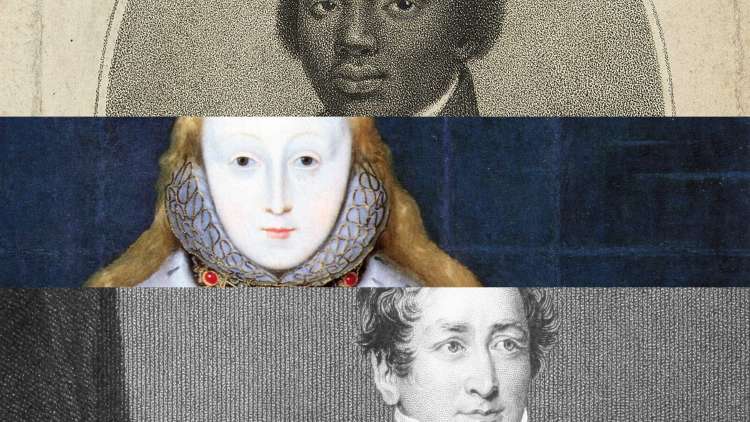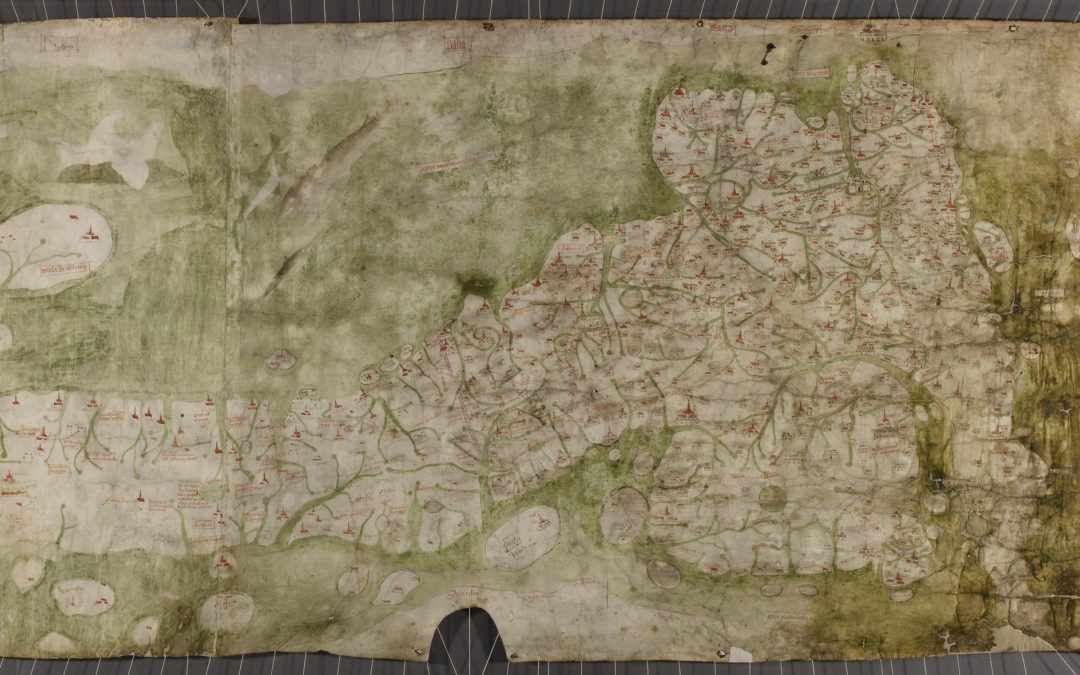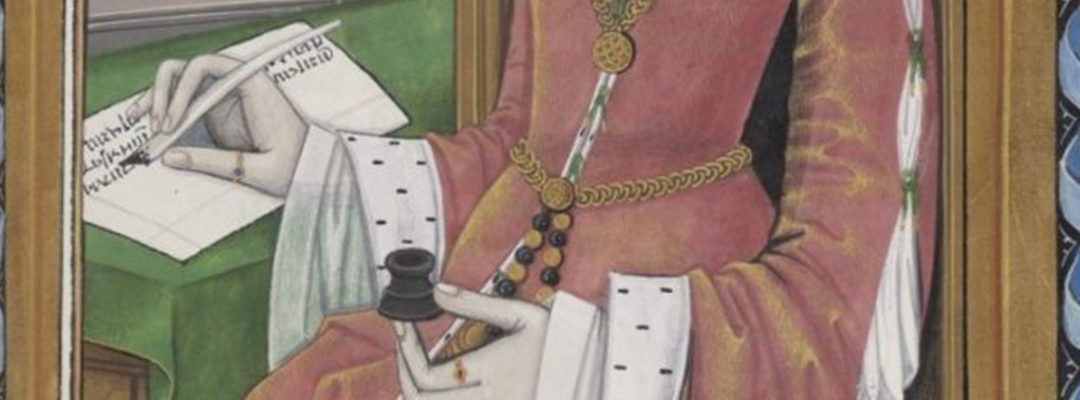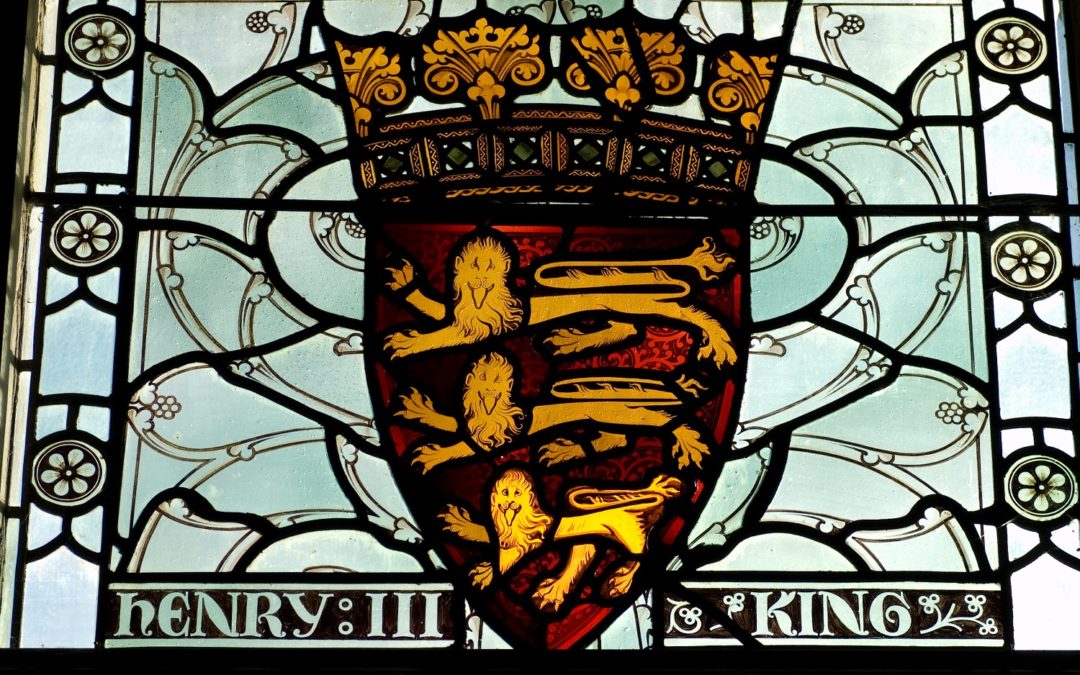
Mar 30, 2020
From the BHO editorial team British History Online (BHO) is a digital collection of key printed primary and secondary sources for the history of Britain and Ireland, with a special focus on the period 1300 to 1800. As we enter a new lockdown period...

Aug 12, 2019
By Catherine Delano-Smith Dr Catherine Delano-Smith, Senior Research Fellow at the IHR, is leading a new project with Nick Millea, map curator at Bodleian Libraries, University of Oxford, entitled ‘Understanding the medieval Gough Map through physics, chemistry and...

Nov 29, 2018
By Anaïs Waag Until very recently medieval studies was dominated by the perception that women were actively kept away from political power – a notion we owe mainly to nineteenth-century historians. While there was undoubtedly a preference for male rulers throughout...

Sep 4, 2018
By Adam Chapman If you happen to be a medieval or early modern historian of the British Isles you probably won’t need to be told about the value of the Patent Rolls and why it’s good news that British History Online (BHO) is adding them to its digitised collection of...
Mar 16, 2015
My previous post on the range of history material being published opened with the early modern view of masculinity and men crying. Go back a couple of hundred years and it seems men were allowed to cry, and at least if you were a bishop, the act was deemed...
We use cookies to ensure that we give you the best experience on our website. If you continue to use this site we will assume that you are happy with it.Ok





